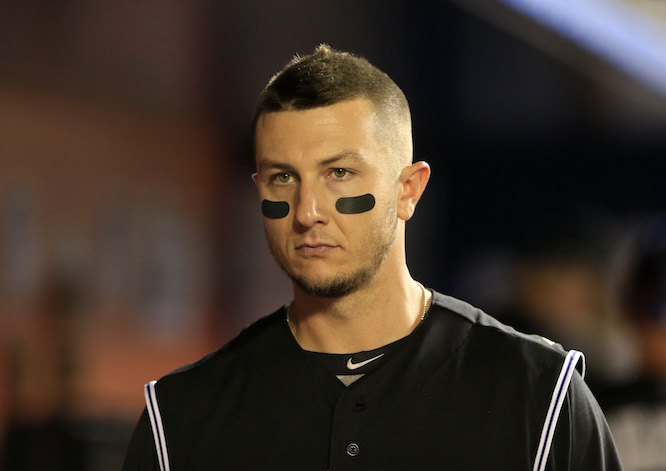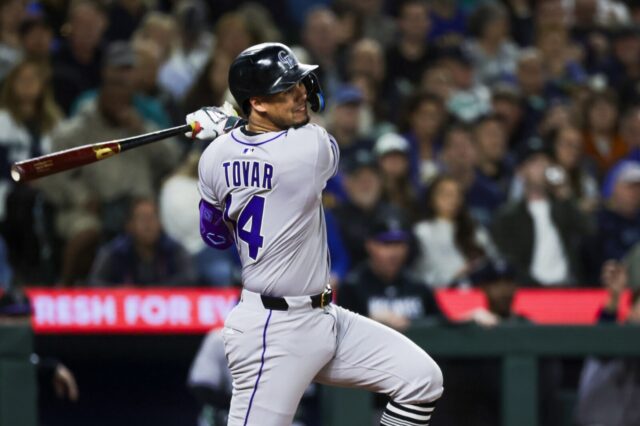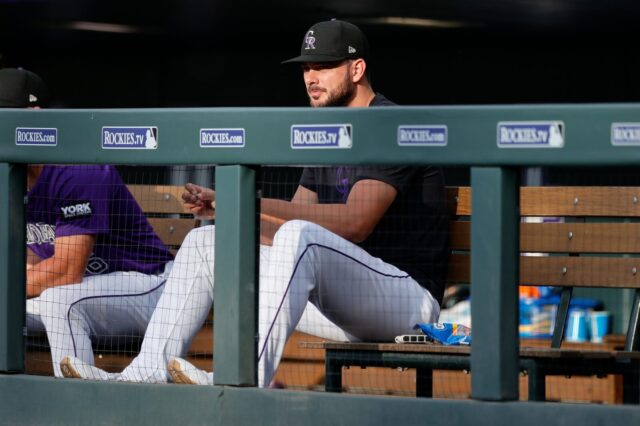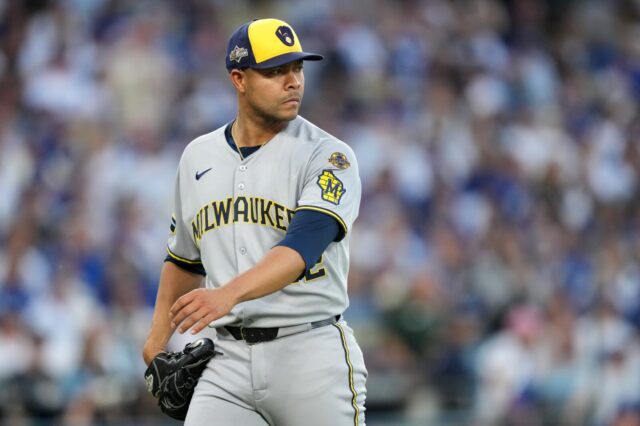It was inevitable.
After an awkward, seemingly interminable saga that left fans, media and the club itself exhausted, the Colorado Rockies finally traded Troy Tulowitzki on Monday, along with LaTroy Hawkins, in exchange for Jose Reyes and a trio of pitching prospects – a move that officially signals the planned rebuild of the club.
With the way it played out over the past few years, it almost looked like it was never going to happen. But of course, the best way to improve in a sport is by leveraging your older players of value for younger players with upside, so the Rockies eventually had to find a new home for their star shortstop if they ever planned to turn the page.
“I felt like I got blindsided a bit. I thought I was in the loop, in the conversation,” Tulowitzki told The Denver Post Tuesday. “So it definitely caught me by surprise. I was shocked, and it caught me off guard. I think maybe I was a little naive to think I would be so connected to the (trade) process.”
It’s funny how the last little bit of that quote has been so often cut off in the past 24 hours. Tulo didn’t take long to recognize that the idea that he wouldn’t be consulted every step of the trade process, especially one that takes place over isolated, uneventful phone calls over the span of weeks or even months before finally coming together from scratch in a matter of hours. Yet although Tulo did acknowledge his naivety in the matter, it hasn’t stopped fans from denouncing the way that Colorado handled the situation. The trade process is incredibly nuanced and tedious at times, and appraising your star shortstop on every call or providing him a list of every team that inquired about his availability in a given week wouldn’t just be impractical, it would be potentially detrimental to his mental health.
That makes it all the more silly that Dick Monfort would guarantee to Tulo that he would be involved and be allowed to give his blessing to any deal. Any club would be foolish to only make a trade that the star involved signed off on (short of an actual contract provision dictating it); so why on earth would Monfort ever even give lip service to the notion?
Unfortunately, it all comes back to a pattern of behavior that has become all too common at 20th and Blake. A behavior that says, “If you’re not 100-percent on board, we will scrap you and on your way out the door treat you as if you never mattered.”
Before Tulowitzki’s “blindsiding,” there was Dexter Fowler. Traded to the Astros for a modest return, followed by general manager Dan O’Dowd inexplicably ripping Fowler in a subsequent interview.
“I think he’s got to get tougher,” O’Dowd said. “No doubt. He’s got to show up and play with an edge every day, not just when he thinks he has to.”
Fowler was already on his way to Houston. How O’Dowd benefitted exactly from throwing his outgoing player under the bus isn’t clear, but he took a fair amount of heat for what many considered to be a gratuitous shot.
Before that, there was the bizarre scene in San Diego in which a clearly rattled Ubaldo Jimenez was forced to take the mound for a game against the Padres, even as he knew the paperwork was being signed for him to be traded to Cleveland. The result was one inning in which Jimenez surrendered four runs on two hits and four walks while throwing 45 pitches before being pulled from the game he never should have entered.
There were even allusions to “bad apples” when the club dropped Garrett Atkins, Ty Wigginton and others throughout the years.
Taken individually, most (if not all) of these incidents could be chalked up to miscommunication, misrepresentation of quotes, or just a lapse in judgment. Listed out on a timeline, however, it looks like a legacy of scorched earth on players who dared to demand more from the organization.
Tulo doesn’t seem to harbor ill will over the situation, and in all fairness to general manager Jeff Bridich, he wasn’t in a position to do anything about those previous mishaps. But as the club moves forward, hopefully the powers that be will start paying closer attention to what their players think, and not just treat it as the opinion of another clueless dissenter.
“I don’t know any of these dudes we got,” Nolan Arenado said of the trade. “But I think if we were going to trade Tulo, I would think it would be for an ace, an established veteran pitcher. Obviously we are starting to rebuild from the ground up.”
Arenado is the new face of the franchise. Will his dissenting opinion be viewed as valuable, or simply the angry words of an oblivious player who doesn’t know how these things work?
If it’s the latter, it will only be a matter of time before Arenado is the next “inevitable” trade.



